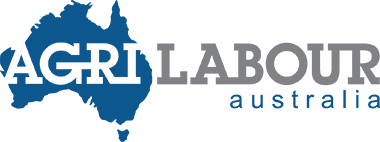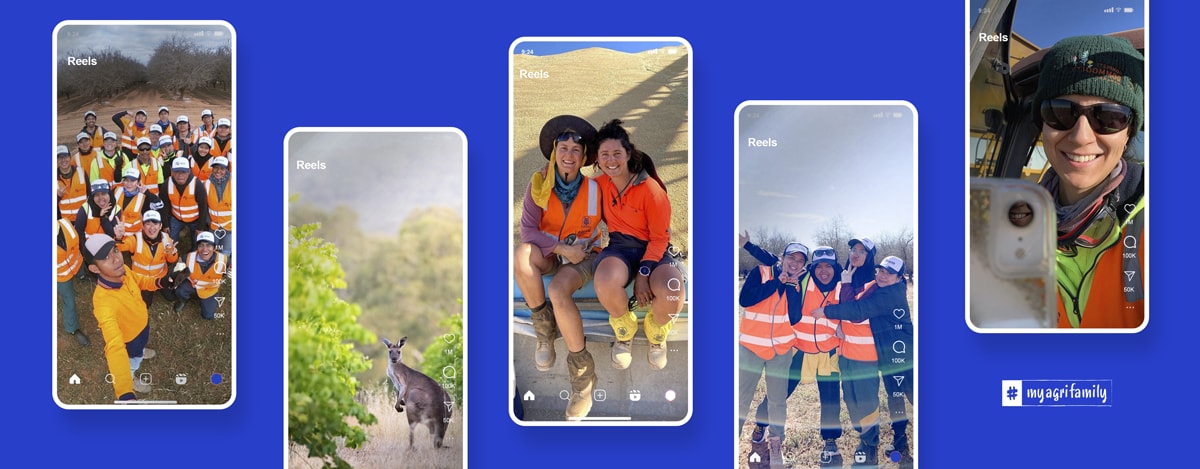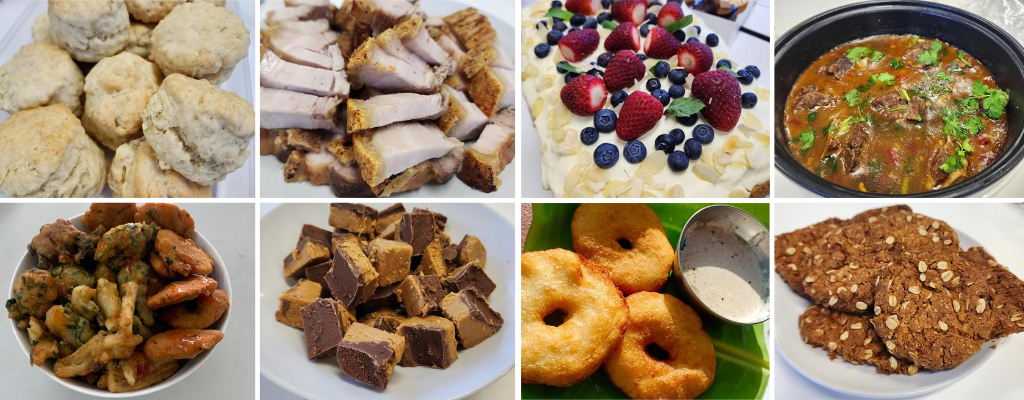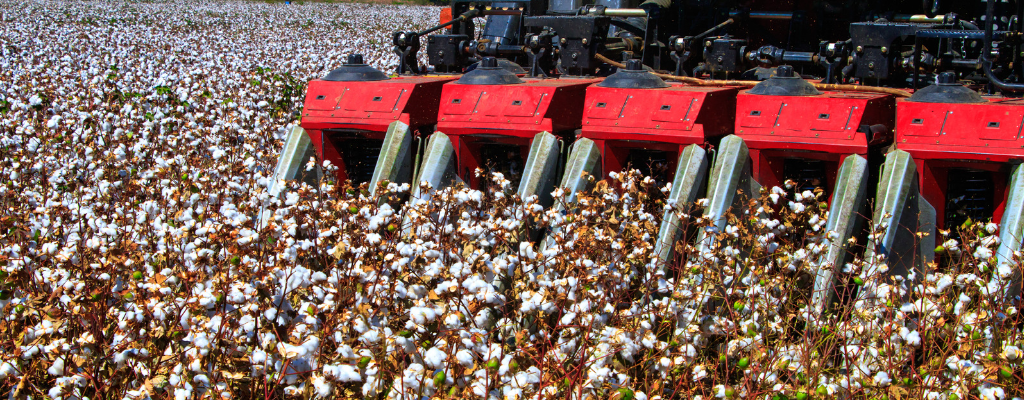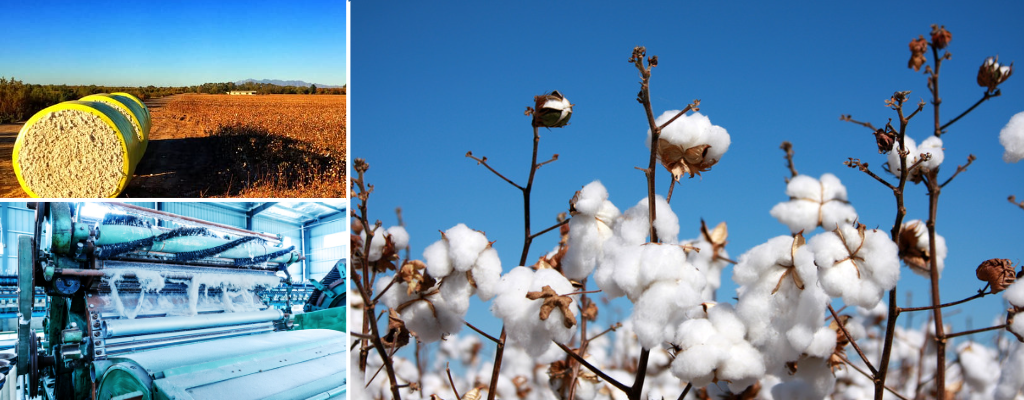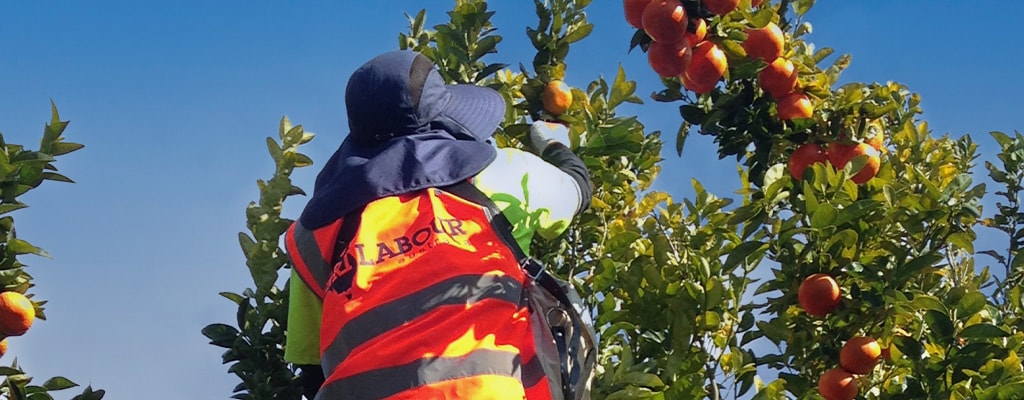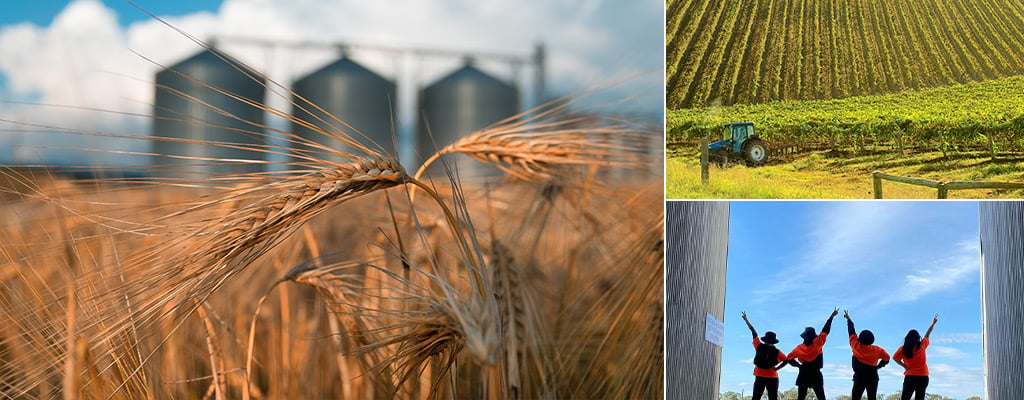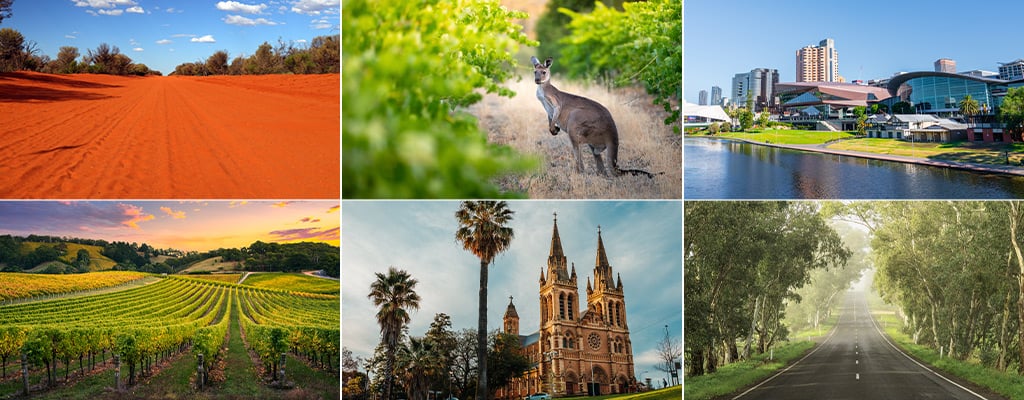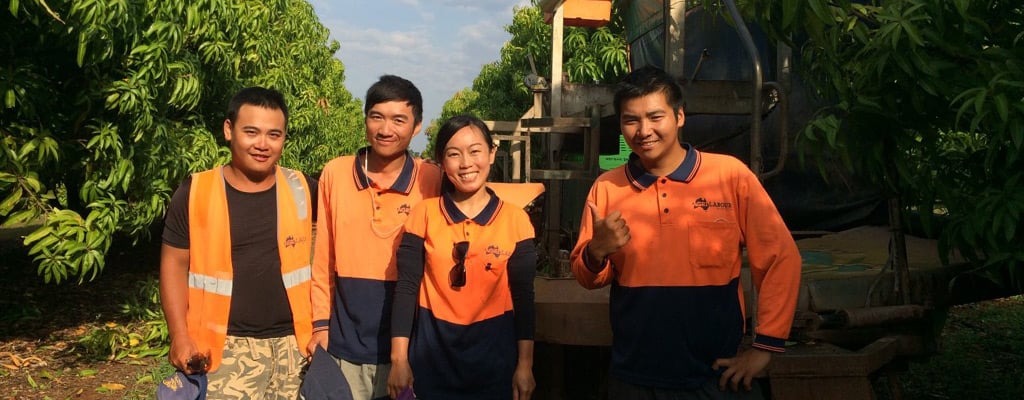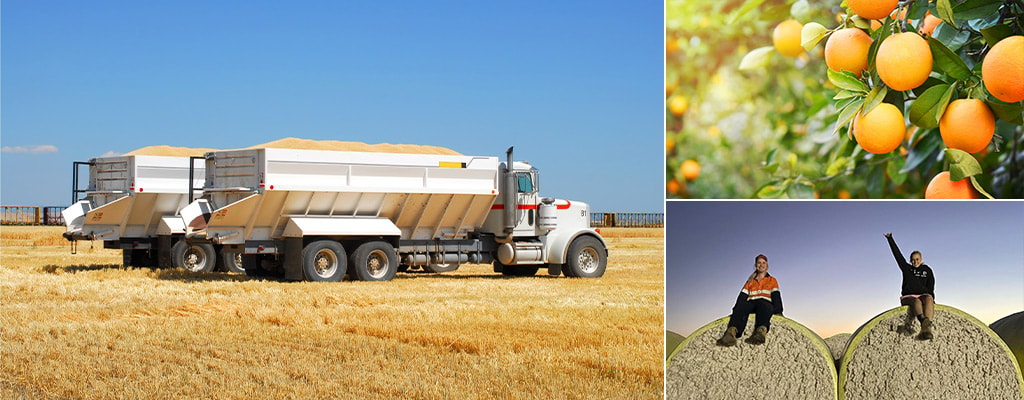At Agri Labour Australia, we’re dedicated to ensuring the well-being of our workers across regional Australia. For “Step Up Safety” this month, we’re focusing on the crucial role sleep plays in our lives and how it impacts workplace safety and productivity.
Sleep is a vital aspect of overall health, but it’s often overlooked in the pursuit of balancing work and personal life. Studies have shown that adequate sleep is essential for maintaining focus, enhancing cognitive abilities, and supporting emotional well-being. Poor sleep can lead to decreased productivity, increased risk of accidents, and have a negative impact on mood, which can affect both individual performance and team dynamics.
To prioritise good sleep hygiene, consider the following tips:
- Maintain a consistent sleep schedule: Going to bed and waking up at the same time each day helps regulate your body’s internal clock, promoting better sleep quality.
- Optimise your sleep environment: Create a comfortable, dark, and quiet space for sleep. This may involve investing in blackout curtains, a comfortable mattress, and using white noise apps like Noisli, White Noise Lite, or myNoise to block out disturbances. You can also check out these soothing Spotify playlists: White Noise for Sleep, Sleepy White Noise, and Deep Sleep White Noise.
- Avoid stimulants before bedtime: Limit your intake of caffeine, nicotine, and alcohol, especially in the hours leading up to bedtime, as these can interfere with your ability to fall asleep and achieve restorative rest.
- Establish a relaxing bedtime routine: Engage in calming activities, such as reading, taking a warm bath, practising sleep time meditation, or trying breathing exercises. Some helpful apps for meditation and relaxation include Headspace, Calm, and Insight Timer. Additionally, you can explore these Spotify playlists: Sleepy Time Meditations, Guided Sleep Meditations, and Nighttime Breathing Exercises to help signal to your body that it’s time for sleep.
If you’re feeling sleep-deprived, don’t hesitate to discuss your concerns with your manager.
Open communication can lead to solutions such as adjusting work schedules, providing additional breaks, or offering support and resources to improve sleep quality.
Prioritising good sleep hygiene is essential for workplace productivity, safety, and overall well-being. By maintaining a consistent sleep schedule, optimising your sleep environment, and avoiding stimulants before bedtime, you can enjoy better sleep and its numerous benefits. Don’t forget that Agri Labour Australia and your managers are available to support you, so feel free to reach out if you need assistance in achieving a better sleep routine.
